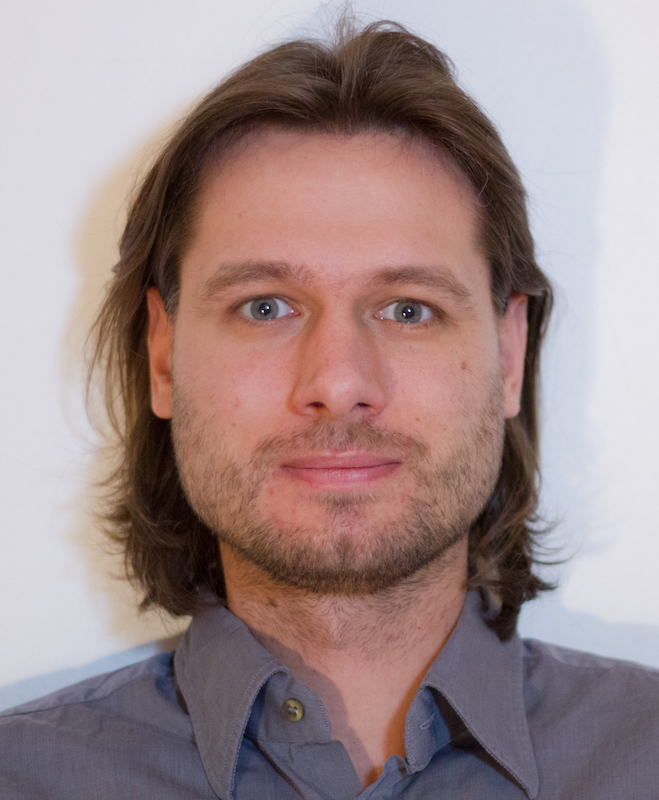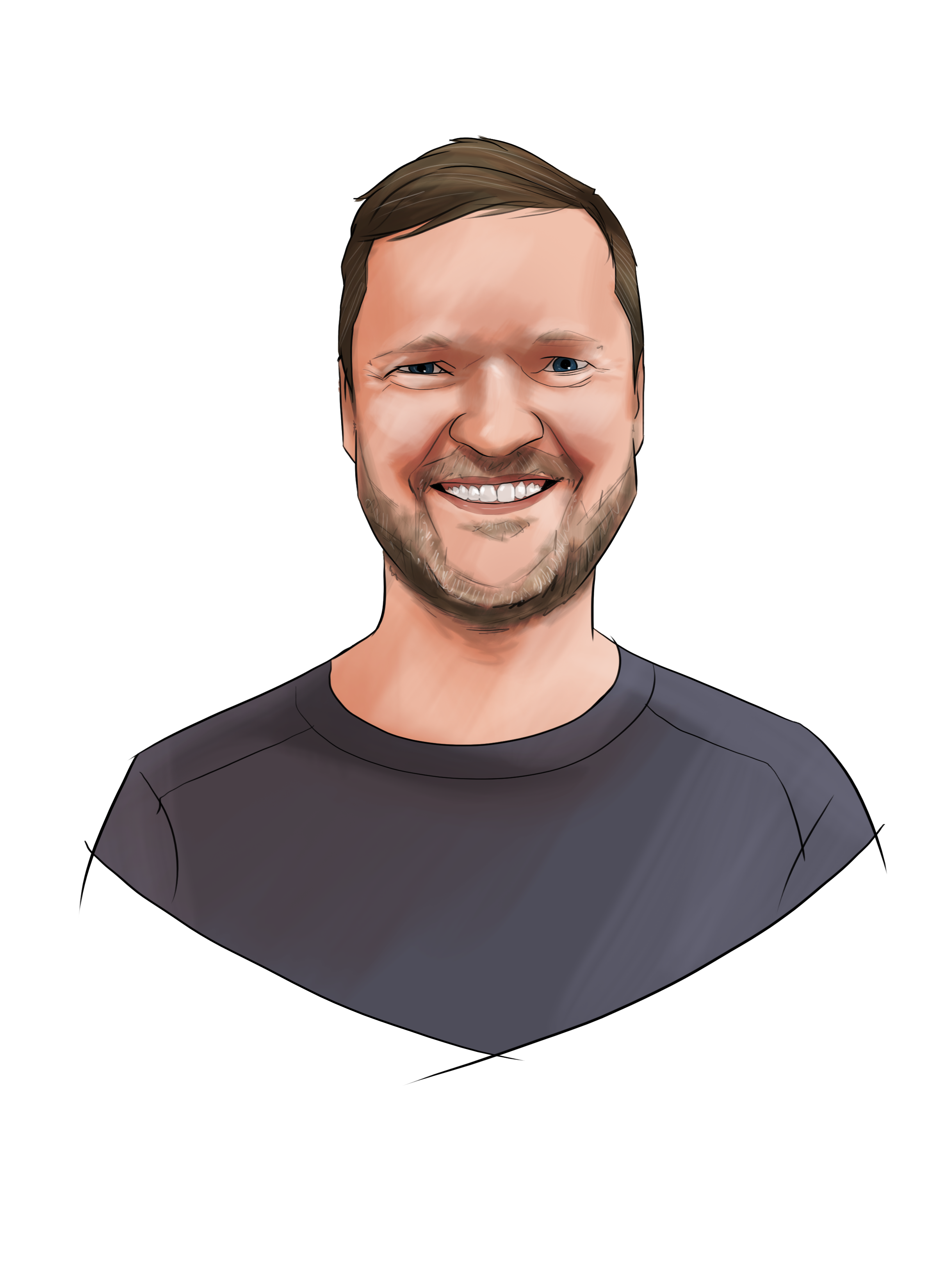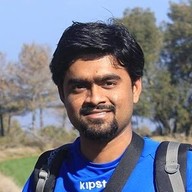Date: 20 October 2021
Venue: Virtual Event, 14:00-18:00 (GMT+8 Time Zone)
This year, like the previous year, we have the pleasure to award a prize of 500 euros for the best article. The best article will be chosen by a jury, and announced at the end of the workshop. The award is co-sponsored by Friedrich-Alexander-Universität Erlangen, the French Mapping Agency (IGN) and the French National Research Agency (ANR, Alegoria project). The workshop will also feature the following two keynote talks.
The event is fully organized online, but for those who plan to attend the conference and workshops in Chengdu, please note that a onsite room has been assigned to SUMAC'21, where you can attend the workshop and present your article (see the main agenda of the ACM Multimedia conference, it is room Langbo room A).
Agenda of the day
(All times in GMT+8 Time Zone, refer TIMEBIE for time zone comparison)
14:00 - 14:15
Welcome & Introductory session by organizers
14:15 - 15:00
Keynote 1 (
Mathieu Aubry ) (
Presentation Slides )
15:00 - 15:20
(#1) Built Year Prediction from Buddha Face with Heterogeneous Labels Yiming Qian (Osaka University); Cheikh Brahim EL VAIGH (Irisa/Inria); Yuta Nakashima (Osaka University); Benjamin Renoust (Osaka University); Hajime Nagahara (Osaka University); Yutaka Fujioka (Osaka University)
15:20 - 15:40
(#2) Evaluation of Deep Learning Techniques for Content Extraction in Spanish Colonial Notary Records Nouf Alrasheed (University of Missouri-Kansas City); Shivika Prasanna (University of Missouri-Columbia); Ryan Rowland (University of Missouri-Kansas City); Praveen Rao (University of Missouri-Columbia); Viviana Grieco (University of Missouri-Kansas City); Martín Wasserman (University of Buenos Aires & CONICET)
15:40 - 16:00
(#3) Searching Silk Fabrics by Images Leveraging on Knowledge Graph and Domain Expert Rules Thomas Schleider (EURECOM); Raphael Troncy (EURECOM); Mareike Dorozynski (Leibniz Universitat Hannover"); Franz Rottensteiner ("Leibniz Universitat Hannover, Germany"); Jorge Sebastián Lozano (Universitat de València); Georgia Lo Cicero (University di Palermo); Thibault Ehrhart (EURECOM)
16:00 - 16:15
BREAK
16:15 - 17:00
Keynote 2 (
Jon Hardeberg ) (
Presentation Slides )
17:00 - 17:20
(#4) How to spatialize geographical iconographic heritage Emile Blettery (IGN); Nelson Fernandes (LASTIG/IGN-UGE); Valérie Gouet-Brunet (LASTIG/IGN-UGE)
17:20 - 17:40
(#5) Software and Content Design of a Browser-based Mobile 4D VR Application to Explore Historical City Architecture Sander Muenster (FSU Jena); Jonas Bruschke (FSU Jena); Ferdinand Maiwald (FSU Jena); Constantin Kleiner (FSU Jena)
17:40 - 18:00
Technical break for best paper selection
18:00 - 18:15
Wrap-up and Ceremony Award
Keynote 1
Senior researcher, Imagine team, LIGM lab, ENPC, Écoledes Ponts ParisTech, France)
Deep Learning for Historical Data Analysis
This presentation will give an overview of projects on leveraging deep learning for historical data analysis my group did in the last 3 years, partly in the context of the ANR
EnHerit project. I will discuss in particular how deep learning can be used to establish links between artworks and historical documents: repeated patterns
discovery in artwork collections, fine artwork
alignment, document images
segmentation, historical
watermarks recognition, generic
clustering, and scientific illustration propagation analysis. In all cases, I will show that standard approaches can give useful baseline results when tuned adequately, but that developing dedicated approaches that take into account the specificity of the data and the problem significantly improves the results.
Keynote 2
Professor at the Computer Science Department of the Nor-wegian University of Science and Technology, Norway
Analyzing CHANGE in cultural heritage objects through images
Cultural heritage (CH) objects have been constantly undergoing changes/degradation over time. In order to pass the legacy of these objects to future generations, it is important to monitor, estimate and understand these changes as accurately as possible. These investigations will support the conservators to plan necessary treatments in advance or to slow down the specific deterioration processes. The dynamic characteristics of materials vary from one object to another and are influenced by several factors. To detect and predict their changes, accurate documentation and analysis are necessary. Over the years, CH digitization using scientific imaging techniques has become more widespread and has created a massive amount of datasets of different forms in 2D and 3D. Several past projects focused on different aspects of technological developments for better digitization methods. There has been less focus on the processing and analysis of these datasets to make the greatest use of them and to their further exploration for monitoring ‘changes’ in CH artifacts for conservation purposes. The
CHANGE project takes cultural heritage digitization to a new level by exploring digital datasets for deeper analysis and interpretation by developing methodologies for the assessment of changes in CH objects by comparing and combining digital datasets captured at different time periods.
BEST PAPER AWARD - SUMAC 2021
''Searching Silk Fabrics by Images Leveraging on Knowledge Graph and Domain Expert Rules''
T. Schleider (EURECOM), R. Troncy (EURECOM), M. Dorozynski (Leibniz Universitat Hannover), F. Rottensteiner (Leibniz Universitat Hannover, Germany), J.S. Lozano (Universitat de València), G. Lo Cicero (University di Palermo), T. Ehrhart (EURECOM)
The award is accompanied by a money prize equivalent to 500 Euros





